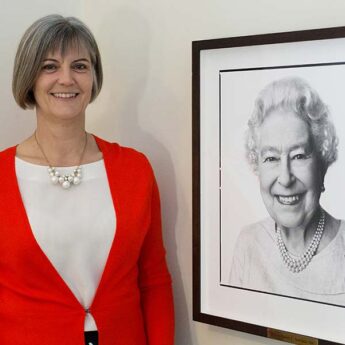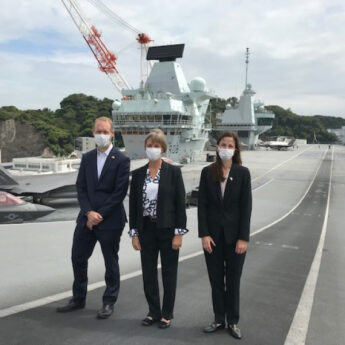“Know before you go”—our advice is not just for crises
At the height of concern about the nuclear situation at Fukushima, hits on our Japan travel advice webpage soared. For several weeks, web traffic was more than 100 times higher than usual. The Japan page was recording considerably more hits than the travel advice pages for Libya, Egypt and other Middle East countries facing crises of their own. Interest in our Facebook and Twitter pages also surged.
We see similar spikes whenever there is a major incident. It’s easy enough to understand why there is such interest at times like this. People want to know exactly what is going on when they feel something could directly affect them.
It’s less easy to convince people of the value of our travel advice when there isn’t a crisis. However, it is an important resource in understanding issues that could affect you in everyday situations. Many more British nationals need our help each year for incidents which can happen at any time—such as suffering an illness or injury, being a victim of crime, or getting arrested—than for incidents resulting from a crisis. And, unlike in a crisis, many of these incidents are avoidable, or the effects can be mitigated by being aware of basic information and taking simple and sensible precautions.

ukinjapan.fco.gov.uk
Our travel advice is a useful first port of call. In addition, the embassy and FCO websites are valuable tools when planning a trip, or when moving to a different country on a permanent basis. They carry a lot of practical information covering a range of trips and destinations, and cater for different types of travellers.
This includes information on things such as entry requirements for the country you are visiting, knowing how and where you can access money, or even just knowing whether your mobile phone will work. They also cover more significant issues such as making sure your insurance covers you for the activities you will be doing; having a basic understanding of the local laws and not assuming that, even in a highly developed country, the laws and the way they are applied will be the same as in the UK.
It’s important to be aware of what you can expect from us if you do require assistance. However, experience has taught us that it is more important to minimise the chances of you ever needing our help. To borrow the tagline of the FCO’s long-running campaign to help British nationals stay safe and healthy abroad, it is important to “know before you go”.
If you have plans to travel this summer, whether it’s on business or holiday, or if you are just staying in Japan, it’s worth remembering that it’s not just in a crisis that our travel advice could help you.





